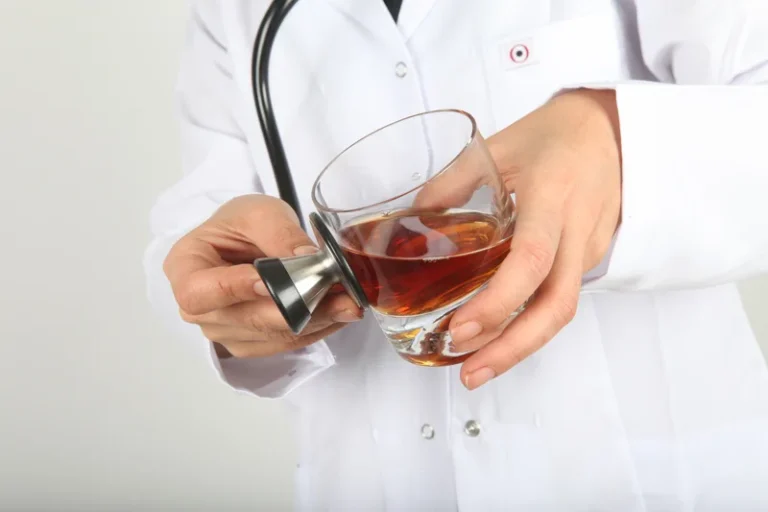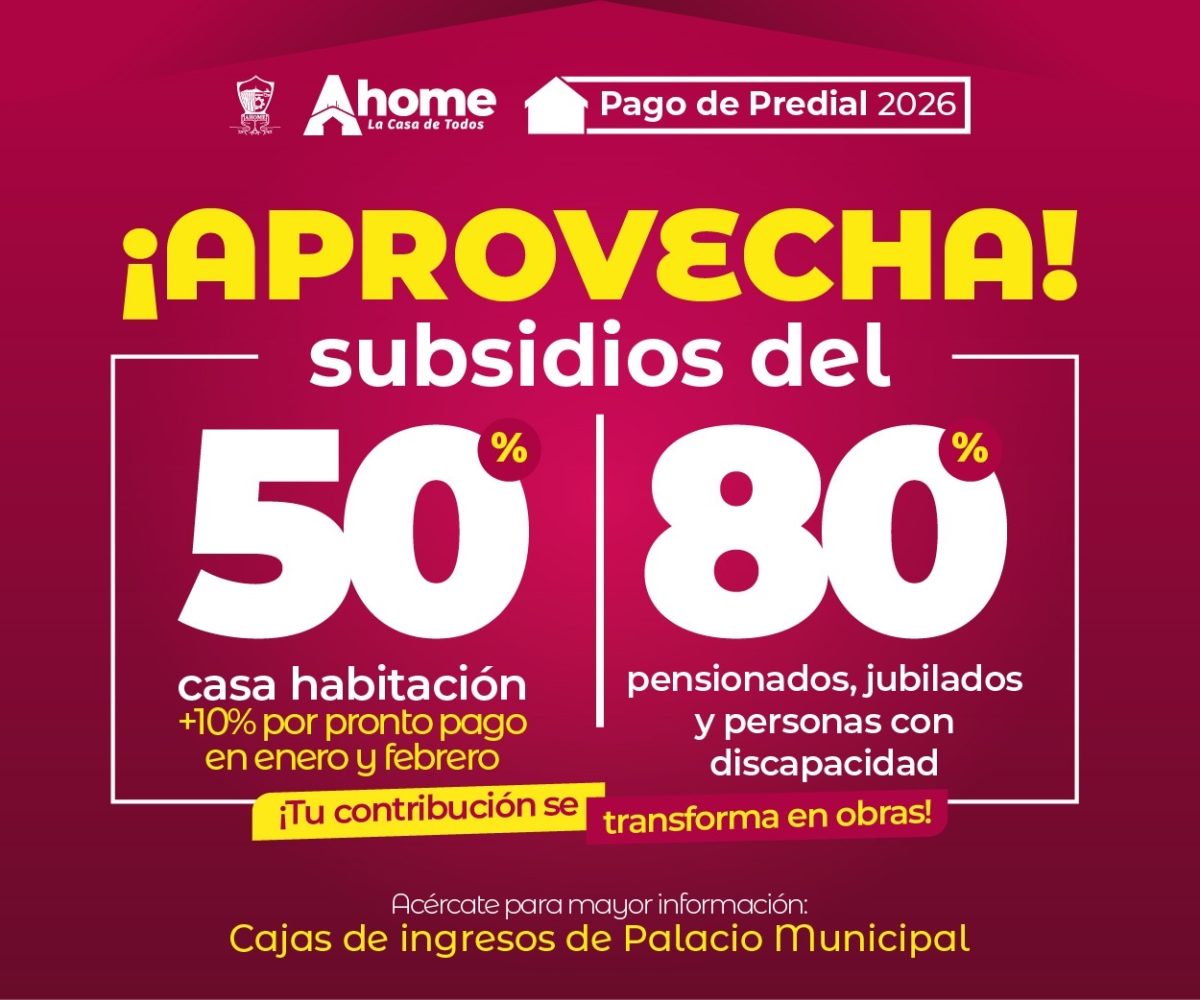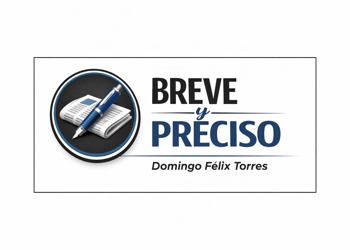
” If the answer to these questions is no, it might be time to take a step back and practice self-care. You might also want to share your feelings with a support group or counselor. You may not know all your possible triggers at the beginning, which is why it can be a list that evolves over time. Patients with mild substance use disorders are often attempting to moderate or regain control over their substance use. Their confidence tends to be shaken by small failures (lapses) and generally needs to be enhanced. There is a difference between the single use of a substance (a lapse or a “slip-up”) and use that implies reversion to a previous level of loss of control (relapse).
- Doing so will help you quickly identify and deal with them before they become too overwhelming.
- This can include counselors, therapists, doctors, self-help groups, sponsors, family members, and friends who are there to support you in both the good and hard times.
- Setting up a system to reach out if they sense you may be heading toward a relapse might also be helpful.
Why It’s Hard for Some People To Get Help

Pathways involved in how a person feels pleasure and processes rewards, memory, and decision-making can be altered through substance abuse. With repeated use, alterations in brain chemistry and functioning can result in the development of substance dependence. Once a person becomes significantly physically dependent, withdrawal symptoms and drug cravings may be common side effects if drinking or drug use slows or stops suddenly. Someone who has grown dependent on a substance may not feel “normal” without it.
What are some steps in creating a relapse prevention plan?

If addiction were so easy, people wouldn’t want to quit and wouldn’t have to quit. The negative thinking that underlies addictive thinking is usually all-or-nothing thinking, disqualifying the positives, catastrophizing, and negatively self-labeling [9]. These thoughts can lead to anxiety, resentments, stress, https://ecosoberhouse.com/article/5-great-tips-for-being-sober-around-drinkers/ and depression, all of which can lead to relapse. Cognitive therapy and mind-body relaxation help break old habits and retrain neural circuits to create new, healthier ways of thinking [12,13]. Occasional, brief thoughts of using are normal in early recovery and are different from mental relapse.
Assess Your History with Drugs and Alcohol
It is an entirely different thing to come back to your safety plan regularly to update and alter it. You are constantly changing and growing, which means your unique recovery needs will also shift. You must always stay up to date with any new triggers or ways to stay involved with continuing treatment.
Creating an Effective Relapse Prevention Plan
They also provide counseling services to teach healthier coping strategies for stress and negative emotions. Write down things that have helped you stay sober on your recovery journey. Positive coping skills include attending support groups, exercising, journaling, and eating healthy foods to minimize intense cravings. alcohol relapse statistics Cognitive behavioral therapy (CBT) is an important tool for preventing relapses. It teaches you how to overcome negative thinking, which is often at the heart of a relapse. For example, you might believe that you can’t quit, that recovery takes too much effort, and that you won’t enjoy life as much without alcohol.
- Therefore, on the one hand, individuals expect that using will continue to be fun, and, on the other hand, they expect that not using will be uncomfortable.
- More broadly speaking, I believe that recovering individuals need to learn to feel comfortable with being uncomfortable.
- A relapse prevention plan is a strategy that helps individuals recovering from addiction to anticipate and avoid triggers that could lead to a return to substance use.
- Some experts even argue that those battling alcoholism can’t prevent relapse and require ongoing treatment, regardless of their apparent progress in early recovery.
- Understanding that a relapse may occur can be your first defense again preventing one from happening.
Anything that helps us healthfully manage and process our emotions is a great inclusion in a relapse prevention plan. If you’re not sure how to move through the recovery process, follow one of the relapse prevention plan models that are available. Substance abuse and mental health expert Terry Gorski has a nine-step relapse prevention plan that can help you recognize and manage relapse warning signs. Alan Marlatt, PhD, developed an approach that uses mental, behavioral, and lifestyle choices to prevent relapse. Some steps in creating a relapse prevention plan include identifying triggers, developing coping strategies, establishing a support system, and learning relaxation techniques.
Get Professional Help
Five Facts About Helping Your Loved One Create a Relapse Prevention Plan: A Family-Centered Approach:
- Beyond offering a safe space for processing emotions, it helps address poor self-care habits that might increase vulnerability.
- You might also want to share your feelings with a support group or counselor.
- Long-term sobriety is possible and starts with taking that first step.











